Leadership Seminar 2023 Graduation Remarks
Winston S. Churchill Senior Fellow William R. Gruver
September 30, 2023
Any of you who were with us in prior years for our graduations know that I like to end each of my courses with a poem appropriate for the students being honored.
When you hear tonight’s poem you might at first think that it is more appropriate for some, like me, of a certain age group and be asking why did this professor select this poem to honor these students?
The answer is because, in my view, Dylan Thomas was not just speaking literally to those of us on the back nine of life, but he was also speaking figuratively to all of us regardless of our age.
Do not go gentle into that good night,
Old age should burn and rave at close of day; Rage, rage against the dying of the light.
Though wise men at their end know dark is right, Because their words had forked no lightning they
Do not go gentle into that good night.
Good men, the last wave by, crying how bright
Their frail deeds might have danced in a green bay,
Rage, rage against the dying of the light.
Wild men who caught and sang the sun in flight, And learn, too late, they grieved it on its way,
Do not go gentle into that good night.
Grave men, near death, who see with blinding sight Blind eyes could blaze like meteors and be gay,
Rage, rage against the dying of the light.
And you, my father, there on the sad height, Curse, bless, me now with your fierce tears, I pray.
Do not go gentle into that good night.
Rage, rage against the dying of the light.
These students, by taking a not-for-credit immersion course—one that meets at the inconvenient times of seven hours each Saturday and three hours on a Tuesday night—have joined those of you in the audience, such as our advisory board members and alumni supporters, in raging against the night falling upon traditional liberal arts education.
Each in your own way have chosen to “not go gentle into that good night”! The impending night for all of us is the intellectual close-mindedness and lack of viewpoint diversity that dominates today’s universities, sadly including Bucknell. These students volunteered not just to learn about leadership, but also to find a place where they can safely and respectfully express their true feelings without risk of retaliation. They have chosen to pursue a deeper learning experience than they get in many of their for-credit courses—an experience where they learn not just from one-sided instructors, but from their classmates who come into discussions with views alien to their own. In their own way, these students are pursuing the classical liberal education through an off-campus alternative at a university that is rated 224th out of 248 in ‘administrative support for free speech”.
They have made this sacrifice purely in pursuit of knowledge. And not just knowledge from the instructor. Peer learning is a powerful teacher in any group of individuals. And peer learning is even more powerful when the peer group is diverse.
Yes, as the word is used by academic administrators, this group is diverse since it includes a healthy mix of sexes, skin colors and nationalities.
More importantly, this group is diverse in its thinking. These 18 who chose “not to gentle into the night” include:
Four from the college of engineering
Six from the college of management
And eight from the college of arts and sciences.
We all know that different majors learn to think in different ways and that exploring issues from different perspectives is a powerful pedagogy. To that end, these 18 include 16 different majors. Let me read them since few, if any, courses in the Bucknell curriculum represent such diversity of majors:
Biomedical engineering
Chemical engineering
Mechanical engineering
Accounting
Business analytics
Finance
Organizational management
Biology
Computer science
Geology
Physics
Economics
International relations
Political science
Classics
Russian
This seminar had 3 goals:
To help students learn what makes some leaders successful, while many fail.
To offer them a brave, not a safe, space where they can speak their mind without fear of retaliation.
To provide them a forum to learn from others with materially different backgrounds and beliefs.
To this end, as in prior years, we ventured beyond leadership theory, history and practice into third-rail topics ranging from compulsory national service to single-parent households. Our only rules in these conversations were to be objective by using credible evidence and to be respectful of those with opposing views.
To accomplish these goals required a group of courageous students who raged against the night falling on traditional liberal arts education. Congratulations to these 18 for making the sacrifice to complete this immersion seminar.
To accomplish these goals also required supporters, like many in this audience, who help make programming like this seminar possible. Thank you for your support. I encourage you to see the results for yourself in your conversations with students at your tables this evening.
I am proud to be associated with two such principled groups. Thank you for the privilege that you have given me. And thank you for raging against the dying of the light.
